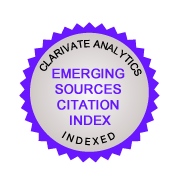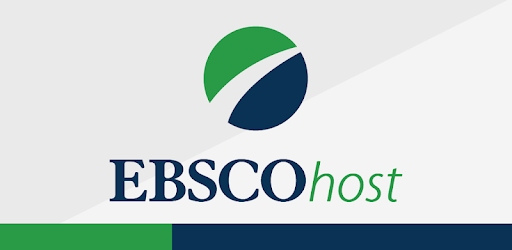ESL TEACHERS’ STRATEGIES TO FOSTER HIGHER-ORDER THINKING SKILLS TO TEACH WRITING
DOI:
https://doi.org/10.32890/mjli2020.17.2.7Keywords:
Higher-order thinking skills, L2 writing, ESL teachers, ESL learners, questioningAbstract
Purpose - This research focuses on ESL teachers’ strategies to foster higher-order thinking skills to teach writing to weak ESL learners in two selected secondary schools in Malaysia. ESL teachers’ strategies to foster higher-order thinking skills to teach writing to weak ESL learners were captured and encapsulated to enable the ESL learners to understand and master higher order thinking to improve their writing. Methodology – A qualitative descriptive case study design was employed in the study. The sample was based on a snowball sampling and 4 ESL teachers were selected from two different secondary schools in Malaysia. The main data collection method was classroom observation while thematic analysis was used for data analysis. Each teacher was observed twice. Classroom observation forms and video recordings were used as a main source in data collection. Findings – Findings showed that ESL teachers selected strategies to foster higher-order thinking skills to teach writing including the general procedures in implementing higher-order thinking skills for teaching writing and major considerations at each stage of the implementation. ESL teachers exposed learners to the general procedures of the higher-order thinking skills which were explaining and helping students to understand what higher-order thinking is, leading students to connect to concepts in writing, helping students to infer through real-life situations, using more graphic organizers and teaching problem-solving skills. Significance – The findings can be used to guide decisions on higher-order thinking skills training for ESL teachers, educators and curriculum developers regarding the thinking skills strategies to be mastered in teaching writing.Metrics
Metrics Loading ...
Additional Files
Published
31-07-2020
How to Cite
Swaran Singh, C. K., Gopal, R., Ong, E. T., Masa Singh, T. S., Mostafa, N. A., & Ambar Singh, R. K. (2020). ESL TEACHERS’ STRATEGIES TO FOSTER HIGHER-ORDER THINKING SKILLS TO TEACH WRITING. Malaysian Journal of Learning and Instruction, 17(2), 195–226. https://doi.org/10.32890/mjli2020.17.2.7
Issue
Section
Articles




























